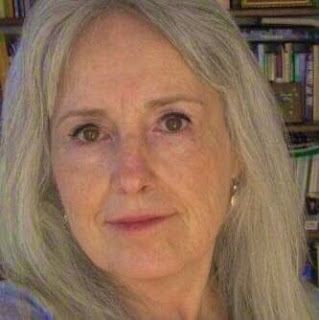What do you find most difficult about writing poetry?
The greatest challenge with poetry for me is writing it. I get distracted by my daily life. Cooking, cleaning, interacting with people, keeping up with the news, and all that we do to manage our lives. I need nuggets of inspiration and quiet time to spark poems. The pandemic has helped keep me inside and in touch with my deep self. I think my monastic existence enabled me to write my poetry book, Three Penny-Memories: A Poetic Memoir, which is forth-coming from IEF (Experiments in Fiction) this fall.
Moreover, once I write a poem, I do a great deal of revising, wordsmithing, and refining of format. You might say that I communicate with the poem. I don’t consider myself prolific as I need time to remaster first drafts. I go for quality, not quantity.
Another challenge I face is digging in deep for the truth. Sometimes I feel blocked by my topic as I can’t face the truth or fear offending someone. When I was writing Three-Penny Memories: A Poetic Memoir, I grappled with the taboo notion that I might not love the woman my mother was becoming due to Alzheimer’s. I was her caregiver. I realized she couldn’t live with me as I had a full-time job. My husband was at home teaching music lessons daily and it would have been unfair to him to make him responsible for her. And we had stairs she couldn’t manage. All through out my care and oversight, I felt incompetent. Maybe this is how she felt raising seven children. Maybe she had to love me regardless. I wanted to share my heartfelt journey with her into her end of days. This required examining our relationship honestly. I tend to be codependent, so my fears of displeasing people blocked me. Once I let go of those fears, I realized how powerful poetry based on authentic truth is.









.jpg)